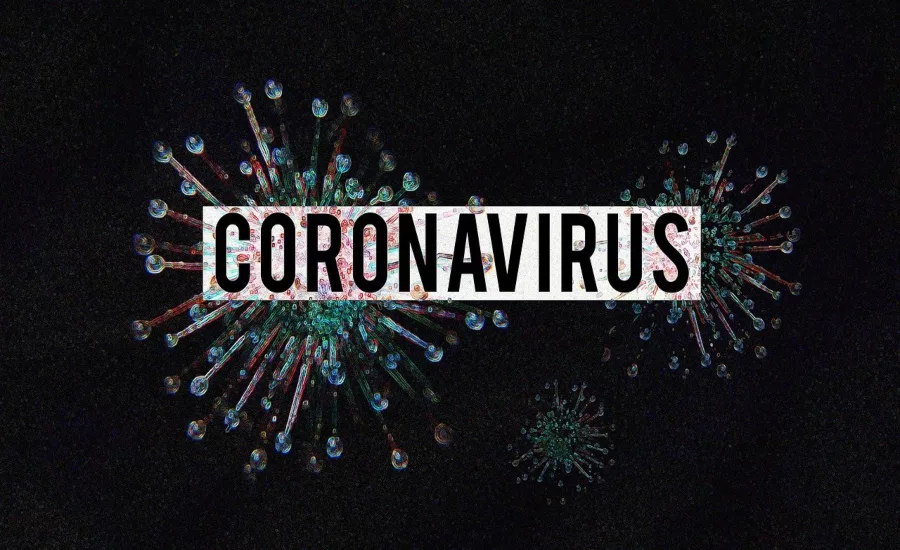U.S. Public Sees Multiple Threats From the Coronavirus

As coronavirus cases increase across the United States and federal and state governments scramble to address the crisis, 70% of Americans say the COVID-19 outbreak poses a major threat to the nation’s economy and 47% say it is a major threat to the overall health of the U.S. population.
The national survey by Pew Research Center – conducted March 10-16 among 8,914 adults using the Center’s American Trends Panel, in conjunction with the Center’s Election News Pathways project – finds widespread public confidence that public health officials at the Centers for Disease Control and Prevention (CDC) and state and local government officials are doing a good job in responding to the coronavirus outbreak.
More than eight-in-ten (83%) say they are very or somewhat confident that CDC officials are doing a good job, including 40% who are very confident. Most (73%) also say they are confident in state and local government officials.
The public is less confident in how President Donald Trump and Vice President Mike Pence are responding to the crisis: Fewer than half are very or somewhat confident that Trump (45%) and Pence (48%) are doing a good job responding to the crisis.
Here are the other major findings from the new survey:
Financial toll. Among those who are currently employed, only 36% say they would continue to get paid if they were unable to work for two weeks or more because of the coronavirus. Another 21% say they could still meet basic expenses, even if they did not get paid during the crisis. A third of Americans say they would not get paid and that it would be difficult to keep up with expenses. Among adults with family incomes of less than $50,000, about half (49%) say they would struggle with day-to-day expenses.
Overall, just more than half of employed people (54%) say they would not get paid if the coronavirus caused them to miss work for at least two weeks. The larger share of this group (33% of all employed people) say it would be difficult for them to keep up with their basic expenses while out of work and not being paid; 21% of workers say they would not get paid but would still be able to keep up with expenses.
Just more than a third of employed people (36%) say they would still get paid if they could not work for at least two weeks because of the coronavirus; 10% say they aren’t sure what would happen.
Nearly seven-in-ten employed people with family incomes of less than $30,000 a year (68%) say they would not get paid if they had to miss work for two weeks because of the coronavirus, including 52% who say they’d have trouble keeping up with expenses during this time. Smaller shares of employed people with higher annual incomes say this. For instance, just 11% of those earning $100,000 a year or more say they would not get paid and would have trouble meeting expenses if they were out of work for at least two weeks because of the virus; most of this group (61%) say they’d continue to get paid if they could not work.
Media coverage. The poll also found that Americans generally say that the public health officials at the CDC have gotten the risks of the coronavirus about right. But far fewer say that about the news media, Donald Trump and congressional Democrats.
A majority (63%) says public health officials at the CDC have gotten the risks for the coronavirus about right. Relatively few say they have exaggerated the risks (21%) or not taken them seriously enough (15%).
By contrast, a majority (62%) says the news media have exaggerated the risks from the coronavirus outbreak. Just 30% say they have handled the risks appropriately, and 8% say they have not taken the risks seriously enough.
Personal health. Most Americans view the coronavirus as a threat to their own personal health, though far more view it as a minor (51%) than major (27%) threat; 22% say it is not a threat.
The level of personal concern about the virus varies significantly across demographic groups. In particular, older adults, black and Hispanic people, and those with no college experience are especially likely to view the coronavirus as a major threat to their own health.
Majorities of those of all races and ethnicities see the new coronavirus as at least a minor threat to their health. However, 46% of black people and 39% of Hispanics view the coronavirus as a major threat to their own health, compared with 21% of white adults.
Among adults ages 65 and older, 86% say the coronavirus is a threat to their personal health, including 33% who say it’s a major threat. Among adults ages 18 to 29, a smaller majority sees the virus as a personal health threat (72%) and 23% view it as a major threat.
Those who live in urban areas (33%) are somewhat more likely to see the coronavirus as a major threat to their personal health than those living in suburban (25%) or rural (25%) areas.
Looking for a reprint of this article?
From high-res PDFs to custom plaques, order your copy today!






